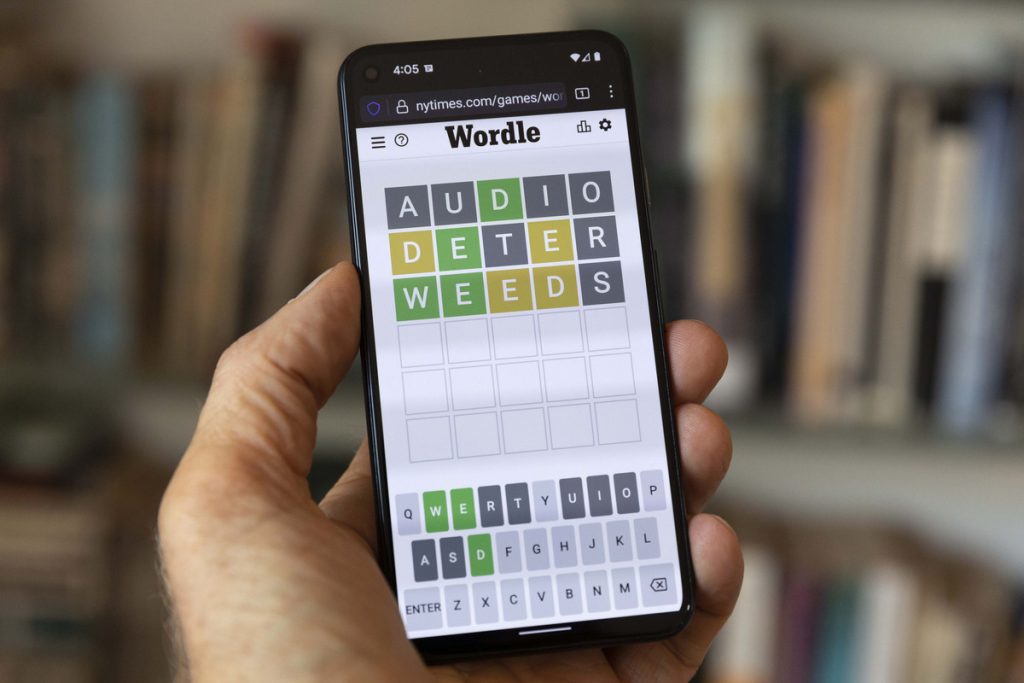Wordle, the popular five-letter word guessing game, continues to captivate a dedicated audience years after its initial release. Acquired by The New York Times in early 2022, the game presents players with the challenge of identifying a hidden word using a color-coded feedback system. Each day, players are allowed six attempts to guess the word of the day. The game’s unique mechanics involve a visual cue system for providing clues about the letters used in the guesses. When a letter is correctly placed, it appears in green; when the letter is in the word but mispositioned, it’s marked in yellow, and letters not in the word turn gray.
Strategizing effectively can significantly enhance a player’s chances of successfully guessing the word in fewer tries. A linguistics expert, Erhan Aslan from the University of Reading, emphasizes the importance of scientifically selecting letters when making the initial guess. He suggests using frequently occurring vowels—such as ‘e’ and ‘a’—along with consonants like ‘r’ and ‘t’, which tend to appear more regularly in English. In contrast, starting with letters such as ‘q’, ‘z’, ‘j’, or ‘x’ can impede progress. As players gather clues through color feedback, applying phonetic knowledge becomes crucial for narrowing down their options for possible words.
As the game’s appeal persists, the daily offerings have created a shared ritual among enthusiasts who often engage in friendly competition or collaborative problem-solving. The simple yet addictive nature of Wordle promotes participation from a wide range of demographics, forging connections through social media, where users frequently share scores and experiences. This aspect of community sharing adds an engaging layer to the Wordle experience, as players celebrate their victories or commiserate over pitfalls.
On December 2, 2023, Wordle #1,262 presents a new challenge for avid players, who are guided with hints to assist them in their quest for the answer. The clues suggest that the word contains three distinct vowels, has no repeating letters, and that it relates to cunning or cleverness. Additionally, players are informed that the word is a noun and that it begins with the letter “G,” setting a clear direction for those attempting to solve the puzzle.
The eventual answer to this specific installment of Wordle is revealed to be “Guile.” Defined by the Cambridge English Dictionary, guile refers to “clever, but sometimes dishonest behavior that you use to deceive someone.” This reflects the game’s thematic ties to the concepts of cleverness and strategy, echoing the tactics needed to pursue the correct answer. Players who successfully guessed this word can feel a sense of accomplishment, while those who encountered challenges are encouraged to try again the following day.
As the game continues to evolve, it remains a cultural touchstone, promoting critical thinking and social engagement among its players. Whether individuals are strategizing their guesses or sharing experiences online, Wordle exemplifies the joy of language play and community interaction in a digital landscape. With new daily words and increasingly complex puzzles, the shared experience of solving Wordle ensures that it remains a beloved pastime for many. Newsweek promises to return with more hints and tips, keeping the fervor alive for both seasoned players and newcomers alike as they embark on their daily word-guessing adventures.

